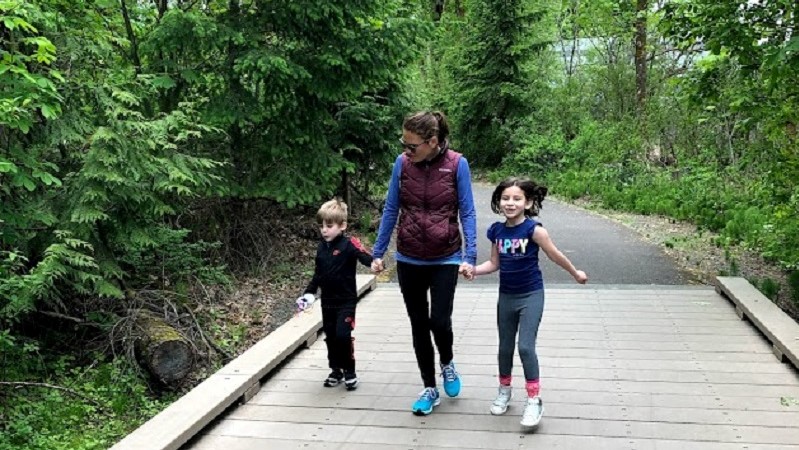If you stay in one place long enough, your family becomes rooted and connected to that place in a deep way. Those of you with older siblings may know the feeling of walking into a new classroom at the beginning of the school year and having the teacher look at your last name on the roster and automatically associate you with any memories of your older sibling. It can even happen a generation or two apart, like when a grandchild who is working hard to start their own career, but in the same field as a grandparent, can’t escape the stories about living up to the legacy. In so many ways we find ourselves following paths laid years or decades before, and yet each human being is also their own person and thus different.

The Torah often follows this line of reasoning, including Parshat Eikev this week. We should trust God because Abraham, Isaac, and Jacob put their faith in God, and God’s promises were fulfilled. At the same time, we’re reminded of all the ways in which the Israelites choose a new path and not be like their ancestors.
This week we read Parshat Eikev. We learn of the blessing and reward you receive if you keep the laws of the Torah and of the consequences for those who don’t follow those laws. The Torah recaps the lessons learned from the Golden Calf, the breaking of the first set of tablets, and Moses’s prayer for the people. We finally receive the second section of the Shema, followed by a clear warning to guard the Torah and its commandments.
In the aftermath of the Golden Calf incident, which happened a while back, God and Moses are going back and forth on the merits of the Israelite nation. The concept of the “merit of ancestors,” or zechut avot, is often cited here. In other words, God should have mercy upon the Israelites because they come from meritorious people. They should receive mercy because they are the same as their ancestors, even in their differences. The thing is, Moses also makes the argument that it’s not just the “good” qualities that they have in common. They also share the same stubbornness, a stubbornness that has preserved them as a people through generations.
We want to pass down only our best qualities, whether it’s older sibling to younger sibling, parent to child, or grandparent to grandchild. However, sometimes it’s not necessarily the “best” qualities that are the most important, but the ones that best serve us.
Parshat Eikev reminds us that while the idea of zechut avot paved the way and may open doors for us, it’s up to us to go through the door and pave the way for those who will follow.



